Source: SCMP (5/7/17)
Documentary filmmaker chronicles lives of China’s left-behind children
Jiang Nengjie was member of first generation left behind by parents looking for work in cities
By Sidney Leng
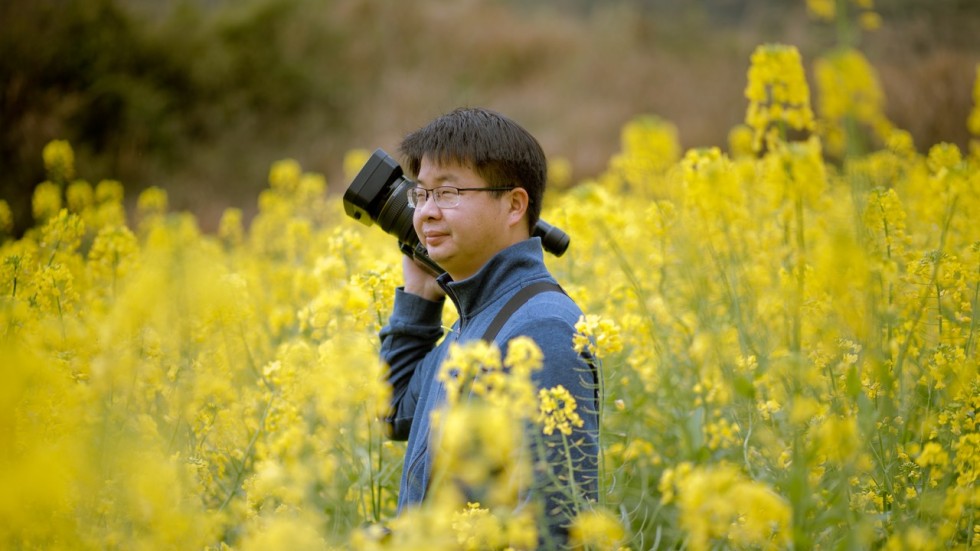
Hunan-based documentary filmmaker Jiang Nengjie. Photo: Jiang Nengjie
When he was a child, Jiang Nengjie’s parents left him behind in their Hunan village when they went to find work in Guangdong province. Now he’s a filmmaker who’s made four documentaries about left-behind children.
Unaccustomed to the fast pace of city life, Jiang, 32, lives in his home town and splits his time between making films and taking care of three village libraries he established in the county for left-behind children.
How do you define left-behind children?
There are two kinds: those whose parents have both gone to work in cities and those who’ve had one parent leave and the other stay at home. What scares me most is children who grow up without love. Some parents, even though there don’t stay at home, will come back to visit their children. I am one of the first generation of left-behind children, born in the 1980s. Many of us have children now. How do we, who grew up without our parents at home, educate our own children? That’s a big issue for the second and third generation of left-behind children. Humans need company, love, and education after they are born.
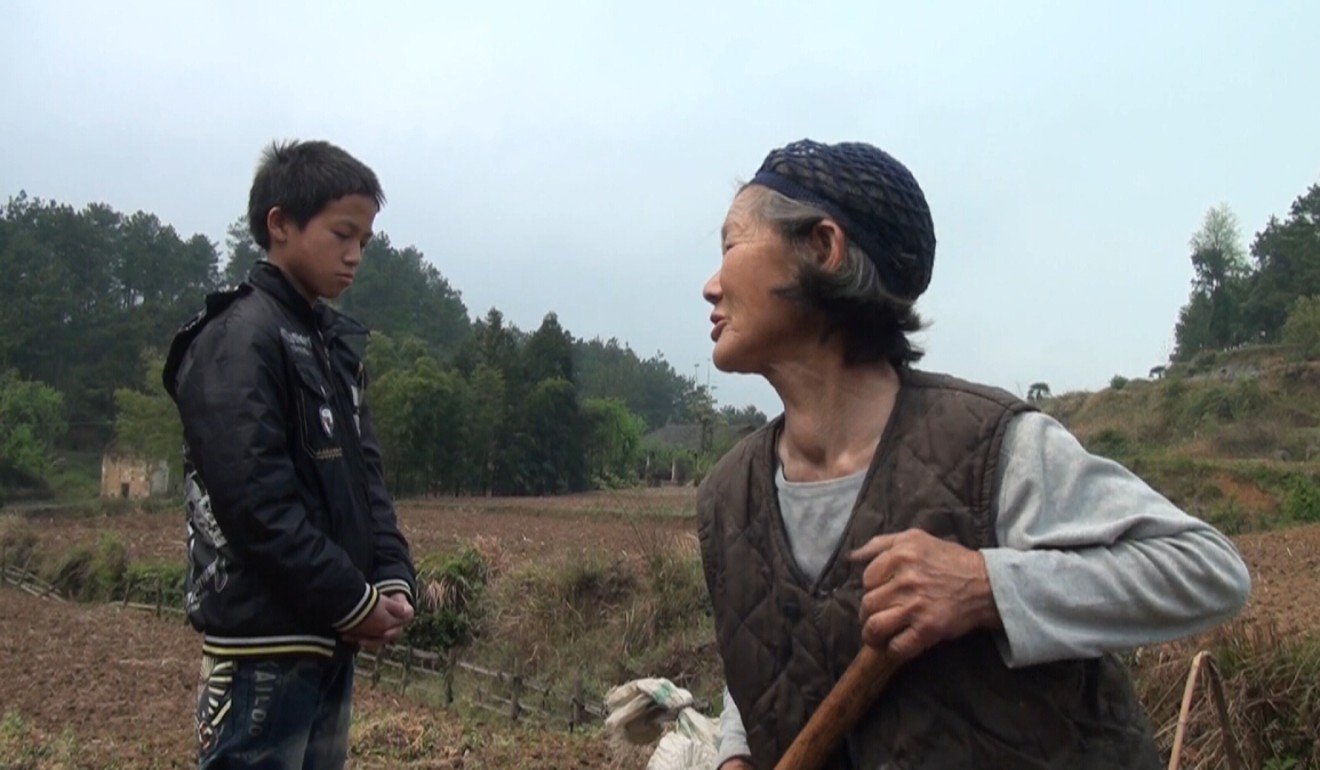
A still from Jiang Nengjie’s documentary The Ninth Grade. Photo: Courtesy of Jiang Nengjie
Beijing says the number of left-behind children in China has fallen from 60 million to 9 million. What do you think led to such a big change?
I don’t know how they count it. In 2005, they said the number was 58 million. In 2010, it was 61 million. In 2015, they revised it to more than 9 million. It was not convincing to me. At least I haven’t felt much has changed in my village. I haven’t seen many parents come home. Also, the government may have added more conditions for defining left-behind children. They might have excluded those with one parent working in the cities and another staying at home or those whose parents come home for some time. Beijing is under a lot of pressure. After all, the group of left-behind children is very large.
What’s your family background?
When I was born, in 1985, there were no left-behind children. There was little urban-rural migration. But by the 1990s, my peers’ parents gradually started leaving our village to be migrant workers in cities. By the time I was in middle school, most of my classmates’ parents had left the village for work. They had to be realistic because growing crops at home didn’t make much money. When I went to high school, I could barely see any young labour in the village. Eighty per cent of the people from our village went to work in Guangdong.
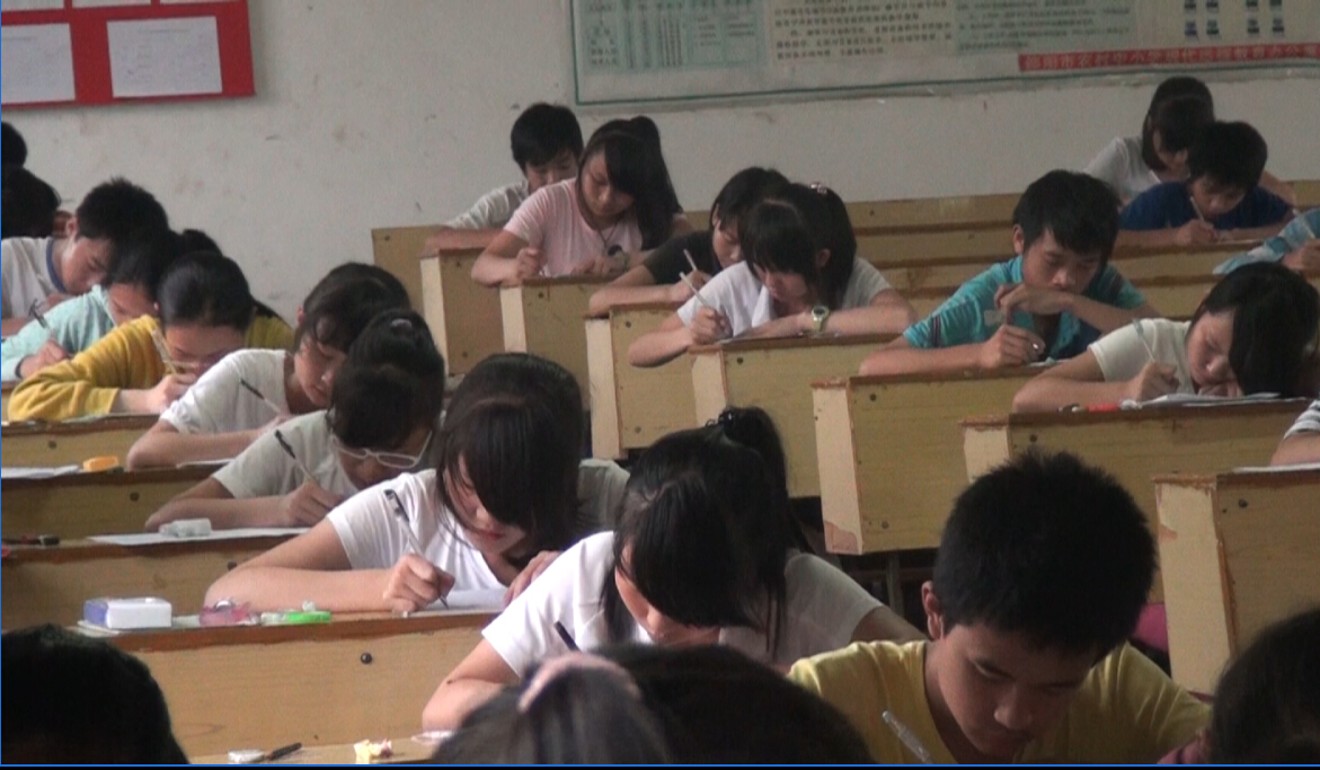
Left-behind children in a still from Jiang Nengjie’s documentary The Ninth Grade. Photo: Courtesy of Jiang Nengjie
When I was at the 4th grade, my mother left home to work in a factory. When I was in the high school, my father left as well to help pay for our tuition. At that time, my elder sister was at college, and my younger brother and I were in high school. My mother’s salary wasn’t enough to pay for our education.
When I was in my second year at college and my sister had graduated, my parents came back to the village because our financial burden was reduced. My mother worked for a Taiwanese company for 10 years. My father was out for three to four years. Before I was 12, they were all at home.
How did your latest documentary JIAYI come about?
I feel empathy for Jiayi [a left-behind girl who is the main character in the film]. Her family reminds me of my childhood. The film is a tribute to my childhood. I can see myself in her. She also has a younger brother. She has to take care of her brother and do lots of household chores. She is like a parent. Because the child is a positive figure, the local government also likes the film. I respect Jiayi’s parents. Although they left her behind in the village, they’ve kept good communication, unlike other parents who are estranged from their children. It’s a matter of awareness. Jiayi and her parents talk on the phone every two or three days. During summer holidays, they take Jiayi and her brother to their workplaces and live together for a month.
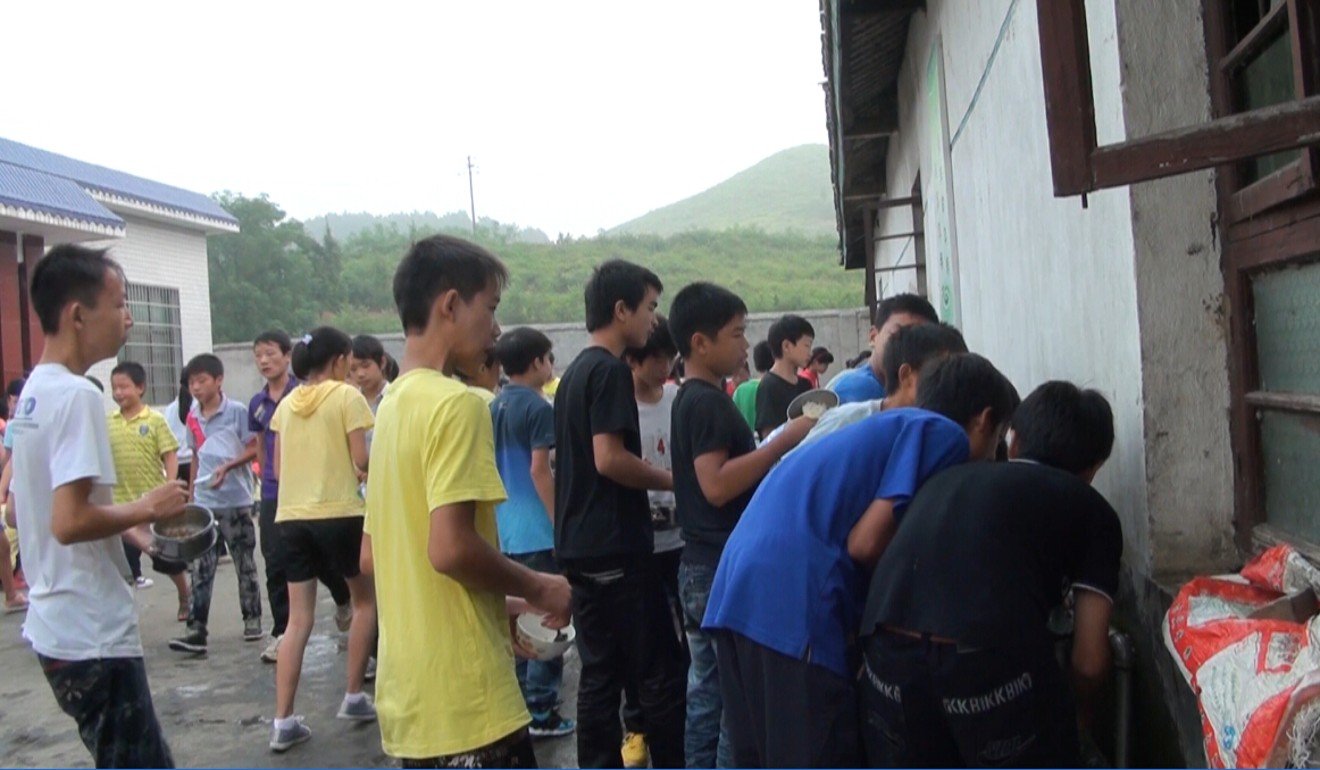
Left-behind children in a still from Jiang Nengjie’s documentary The Ninth Grade. Photo: Courtesy of Jiang Nengjie
I went whenever I had time. I would drop by occasionally and ask what was happening. If it interested me and might have a story, I would go and shoot. Many of my documentaries were shot locally, because I was familiar with the area and found it easy to communicate. It also saves money. Making an independent documentary is not cheap. Lastly, I can manage the situation at home, in case the local government doesn’t like what I am shooting and interferes.
Sometimes, local officials will arrange a talk with me, and I understand it. They don’t like what I am doing. But I didn’t get out of line either. Besides, I also help bring in some resources to the village through my documentaries and a library I set up there. So they don’t interfere in my work very much. You have to protect yourself. I have shot some banned documentaries and haven’t released or broadcast them publicly. Making documentaries is my way of pursuing freedom of expression. But it’s not worth being imprisoned because of your work.
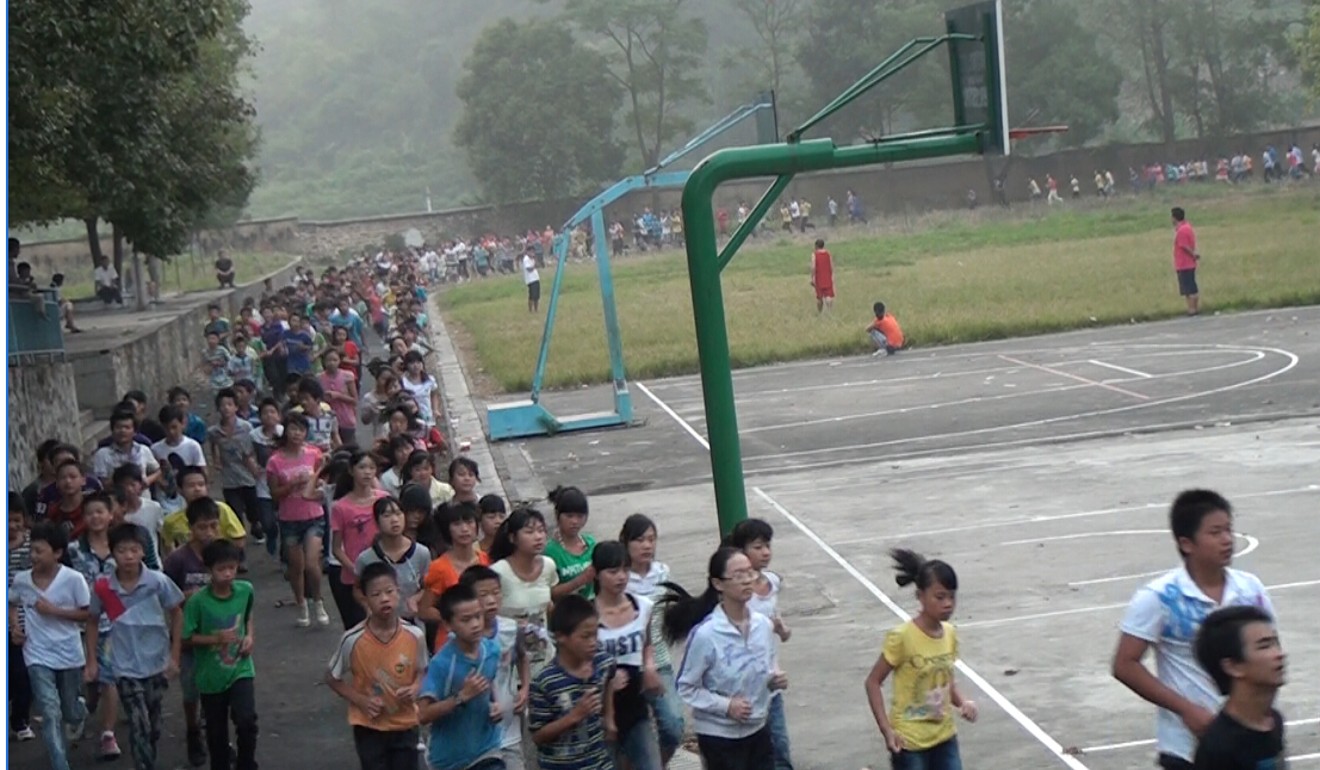
Could you talk about your first feature film, which is in post-production?
The film’s theme, in its nutshell, is about cities that we can’t stay in for long and our home towns that we cannot go back to. In cities, migrant workers have little access to resources and their children have problems getting proper education. To their dismay, many in my generation cannot go back to our village, either. They don’t know how to farm, and there is no work they could do to support themselves financially. China’s rural areas have been emptied out.